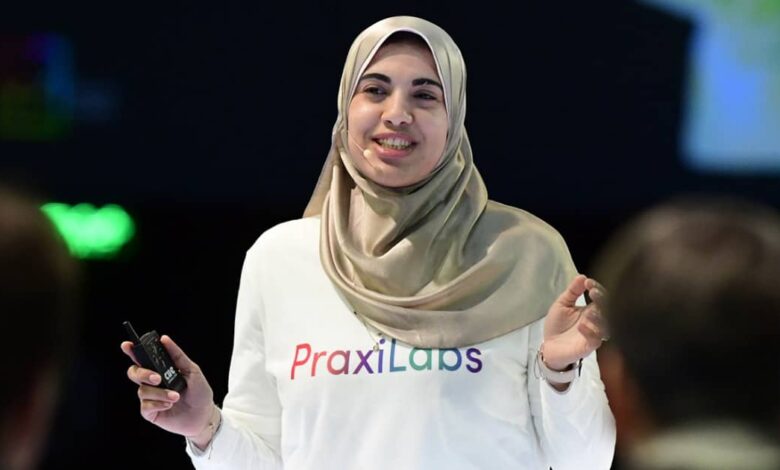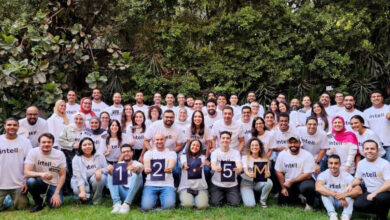Egypt’s PraxiLabs is taking science education to a new level through 3D simulations

Egyptian startup PraxiLabs offers people equal opportunities to access an enhanced science education by providing 3D interactive virtual simulations that are safe, affordable, and accessible anytime, anywhere, for educational institutions and students alike.
Founded by Khadija El-Bedweihy in 2016, PraxiLabs is an online learning platform providing interactive science labs for students, even enabling scientific experiments that are not doable in the actual lab.
“While many educational areas have benefited and progressed through ed-tech, the labs’ situation remained “as is.” It is important to get hands-on experience, and this went neglected for a long time,” Khadija said ElBedweihy, founder and CEO of PraxiLabs.
“Now, with simulations, students get very close to the real experience and practice as much as possible so that they make the best out of it once they have a chance to get into a real lab, or even if students don’t get into the real lab, they will have still learned, experienced and practiced a very real-life-like environment.”
“Our initial aim was to create brand awareness and for people to get to know PraxiLabs,” ElBedweihy said. “Things have increased heavily since the start of the COVID-19 pandemic, and there is increased demand for online learning. Until today, more than 65,000 students have benefited from our labs.”
PraxiLabs is currently serving B2B customers in seven countries – Egypt, Saudi Arabia, the United States (US), Peru, the United Kingdom (UK), Singapore, and Thailand – and planning further expansion.
“We aim to grow into the African markets, further grow in the Americas and Europe, and expand further into Asia,” said ElBedweihy. The startup also has B2C users in 160 countries.
All of this has been achieved with relatively little funding. PraxiLabs raised US$150,000 after taking part in the Norway-based Katapult Accelerator in 2018. but beyond that is self-funded. ElBedweihy said it is in the process of raising a round of investment and has some soft commitments from some angels.
“We are still looking for the right VC as we are interested in the cash and the right network, experience, and understanding of the ed-tech industry,” she said.



